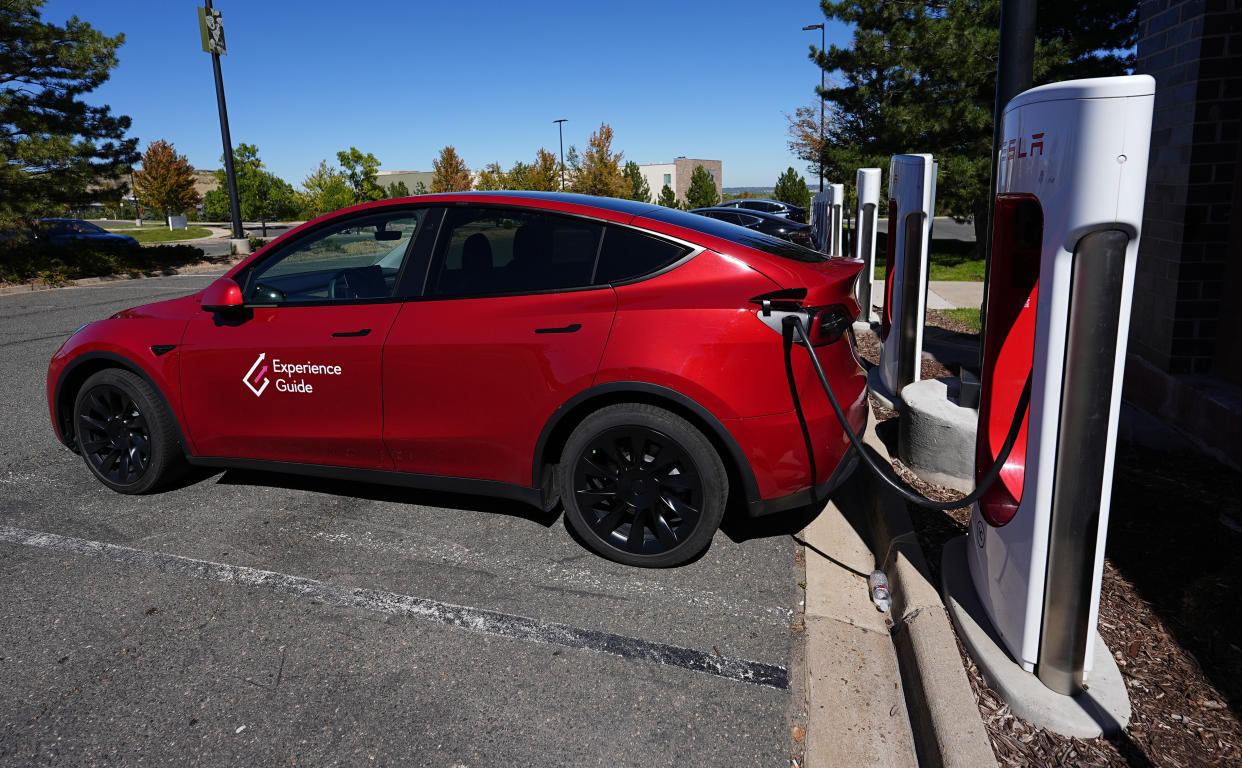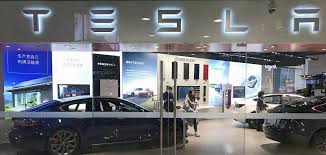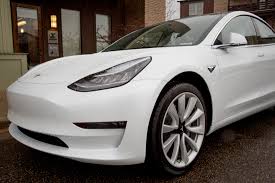Tesla Recalls Over 375,000 Vehicles in the U.S. Over Steering Issues | Major Recall Raises Concerns

Tesla Recalls Over 375,000 Vehicles in the U.S. Over Steering Issues | Major Recall Raises Concerns
Introduction: A Major Setback for Tesla
Tesla is facing significant challenges as it announces a recall of over 375,000 vehicles in the United States due to potential issues with steering systems. This recall, one of the largest in the company’s history, has raised alarms among Tesla owners, potential buyers, and investors alike. While Tesla has consistently prided itself on the safety and reliability of its vehicles, this latest recall highlights the growing pains that come with scaling production and pushing the boundaries of automotive technology.
The recall, which affects a wide range of Tesla models, comes at a time when the company is expanding rapidly and working to solidify its position as the leader in the electric vehicle (EV) market. The incident has put a spotlight on the company’s ability to maintain quality control across its growing fleet of vehicles and has raised questions about the company’s approach to manufacturing and quality assurance.
This recall is a significant event for Tesla, not only due to its size but also because it touches on critical issues such as vehicle safety, consumer trust, and the company’s reputation. The incident highlights the challenges Tesla faces as it continues to innovate and push forward with its ambitious plans to change the automotive industry.
The Steering Issue: What’s at Risk?
The recall centers around a defect in the steering components of certain Tesla vehicles, specifically the potential for the steering rack to fail. According to reports, the issue involves the steering gear, which could cause the vehicle’s steering to become loose or unresponsive, potentially increasing the risk of a crash. This poses a serious safety risk to both Tesla drivers and others on the road, which is why the National Highway Traffic Safety Administration (NHTSA) and Tesla have both acted quickly to address the issue.
The affected models include various versions of the Tesla Model 3 and Model Y, produced between 2017 and 2023. The company has stated that the issue was identified through routine quality control checks, and no fatalities or serious injuries have been reported as a result of the steering malfunction. However, the fact that the defect could potentially compromise the safety of a vehicle at high speeds has led to widespread concern and heightened scrutiny from regulators.
Tesla has issued a recall for the affected vehicles and has promised to address the issue with software and hardware fixes. According to the company, the majority of affected vehicles will receive an over-the-air software update to address the issue, while some vehicles may require a physical component replacement. Tesla has also stated that the fix will be free of charge for all affected vehicle owners.
Implications for Tesla’s Reputation and Stock Price
The recall comes at a time when Tesla has been experiencing significant growth and financial success, with a market valuation that consistently hovers near record highs. However, this recall is a blow to the company’s reputation, particularly in light of its ongoing efforts to position itself as a leader in the EV market. Tesla has long emphasized the quality and safety of its vehicles, and this recall could potentially erode consumer trust, especially among those considering purchasing a Tesla in the future.
For existing Tesla owners, this recall may be a reminder of the risks involved with owning a cutting-edge vehicle that relies heavily on software and advanced technology. While Tesla’s over-the-air software updates have been praised for their ability to fix issues remotely, there are concerns that some of the issues may still require physical repairs or replacements, leading to potential delays or inconvenience for customers.
The recall could also have broader implications for Tesla’s stock price. While the company has consistently outperformed Wall Street expectations in terms of revenue and growth, recalls of this magnitude can cause investors to question the company’s ability to maintain the same level of quality and safety as it continues to scale. Tesla’s stock has been highly volatile in recent years, with external factors such as production delays, regulatory scrutiny, and competition from traditional automakers all playing a role in its fluctuations. The recall has led to concerns that Tesla may face increased scrutiny from regulators, which could impact its growth prospects.
Tesla’s Response: Addressing the Issue
Tesla has quickly responded to the recall, acknowledging the issue and reassuring customers that it is taking the necessary steps to address it. The company has committed to offering both software and hardware fixes, depending on the specific circumstances of each vehicle. As with previous recalls, Tesla has stated that affected customers will be notified through direct communication and that all repairs will be provided free of charge.
The company’s use of over-the-air software updates has allowed it to address many issues remotely, without requiring customers to visit a service center. This approach is one of Tesla’s key differentiators in the automotive industry, allowing the company to resolve many problems without the need for costly recalls or in-person repairs. However, in cases where physical repairs are needed, Tesla has promised to handle the issue promptly and efficiently.
Musk and other Tesla executives have downplayed the severity of the issue, emphasizing that the defect is not widespread and that the company is committed to ensuring that its vehicles meet the highest standards of safety. While the recall may be a setback for Tesla, the company’s ability to quickly address the issue and resolve it through software updates is seen as a positive outcome, as it demonstrates the company’s capacity for rapid problem-solving.
The Future of Tesla: Lessons Learned and Moving Forward
While Tesla’s ability to resolve the issue with over-the-air updates has been lauded, this recall serves as a reminder that, as Tesla continues to innovate, maintaining quality control will be an ongoing challenge. The company’s rapid growth and ambitious goals have led to scaling challenges, and this recall underscores the importance of rigorous quality assurance processes at every stage of the production cycle.
In the long term, Tesla will likely face increased pressure from regulators to ensure the safety and reliability of its vehicles, particularly as the company continues to expand its fleet and introduce new models. The company’s reputation for innovation and quality will be tested as it navigates these growing pains and works to address any potential safety issues before they escalate.
The recall also highlights the broader issue of trust in the automotive industry, particularly in relation to electric vehicles. While Tesla has positioned itself as a leader in EV technology, it faces competition from both traditional automakers and new entrants into the market. As more consumers embrace electric vehicles, they will look to companies like Tesla not only for cutting-edge technology but also for the reliability and safety that come with it. The recall will likely prompt Tesla to invest even more in its quality control processes and safety testing to maintain its position as the market leader.
Conclusion: A Wake-Up Call for the Industry
Tesla’s recall of over 375,000 vehicles due to steering issues serves as a wake-up call for the company and the broader automotive industry. While Tesla’s rapid growth and commitment to innovation have been key drivers of its success, this incident highlights the challenges that come with scaling production and maintaining high standards of safety. The recall will likely have short-term implications for Tesla’s reputation and stock price, but it also provides an opportunity for the company to demonstrate its ability to learn from setbacks and continue improving.
As the electric vehicle industry continues to evolve, Tesla will need to ensure that it strikes the right balance between innovation, safety, and quality. The company’s response to this recall, including its use of over-the-air updates and commitment to free repairs, will play a crucial role in how the public and investors perceive Tesla moving forward. While the recall is a significant issue, it is clear that Tesla’s ability to address problems quickly and efficiently will be critical to its long-term success in the competitive automotive landscape.





